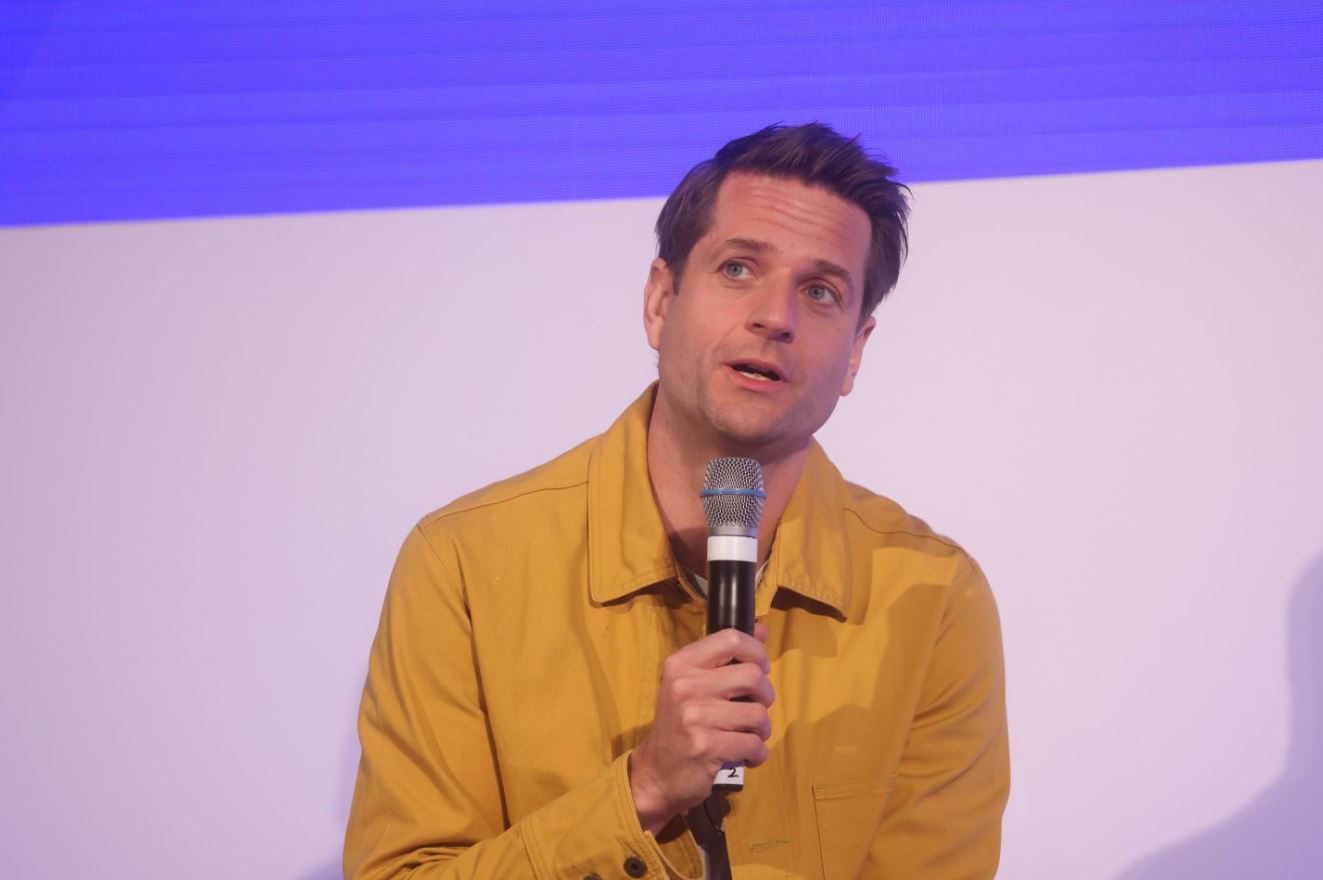 Klarna’s CEO, Sebastian Siemiatkowski, recently warned that the growing use of artificial intelligence in the workplace isn’t without cost. He believes that as AI begins to perform tasks once handled by white-collar employees, it may lead to significant job cuts and even tip the economy into a short-term downturn. As he put it, “Unfortunately, I don’t see how we could avoid that, with what’s happening from a technology perspective.”
Klarna’s CEO, Sebastian Siemiatkowski, recently warned that the growing use of artificial intelligence in the workplace isn’t without cost. He believes that as AI begins to perform tasks once handled by white-collar employees, it may lead to significant job cuts and even tip the economy into a short-term downturn. As he put it, “Unfortunately, I don’t see how we could avoid that, with what’s happening from a technology perspective.”
The warning isn’t just theoretical. Over the past two years, Klarna has trimmed its workforce from 5,500 to 3,000 – a change partly driven by efficiency gains thanks to AI. Earlier, the company celebrated its OpenAI-powered assistant for handling tasks equivalent to the work of 700 full-time customer service agents, signalling a major shift in how services might be delivered.
Despite these efficiency gains, Siemiatkowski was quick to stress that a human touch remains essential. He noted that keeping a real person available reassures customers and preserves the company’s brand image. It’s a reminder that behind all technological innovations, the need for personal interaction remains strong.
Other voices in tech echo these concerns. Dario Amodei, CEO of Anthropic, has warned that AI could wipe out as many as half of entry-level white-collar roles within five years. Meanwhile, Anthropic’s Chief Product Officer, Mike Krieger, revealed his preference for hiring experienced software engineers who can better harness AI tools, while also recognising that the technology might free humans up to focus on more creative and strategic endeavours.
For those of us watching these changes unfold, it’s clear that while AI offers remarkable efficiency, it also brings challenges. Companies like Klarna are now walking a fine line between leveraging AI for cost-effective operations and maintaining the human touch that keeps customers comfortable. Whether you’re a tech professional or simply an observer, these shifts underline the need to balance progress with the practical realities of human employment.








